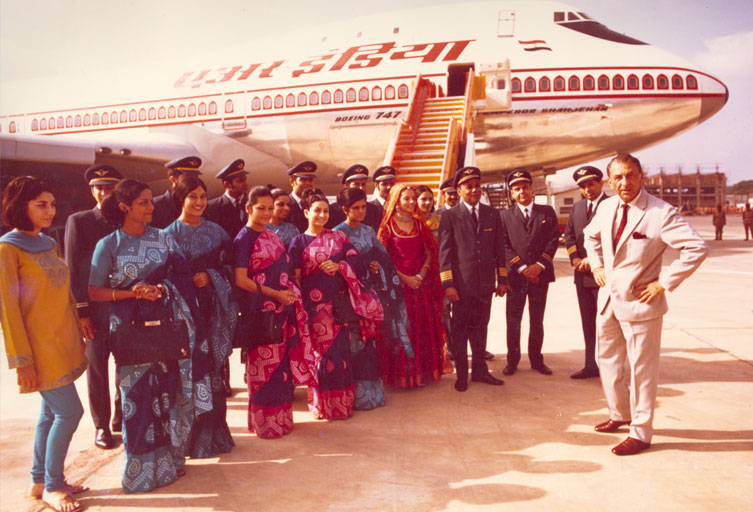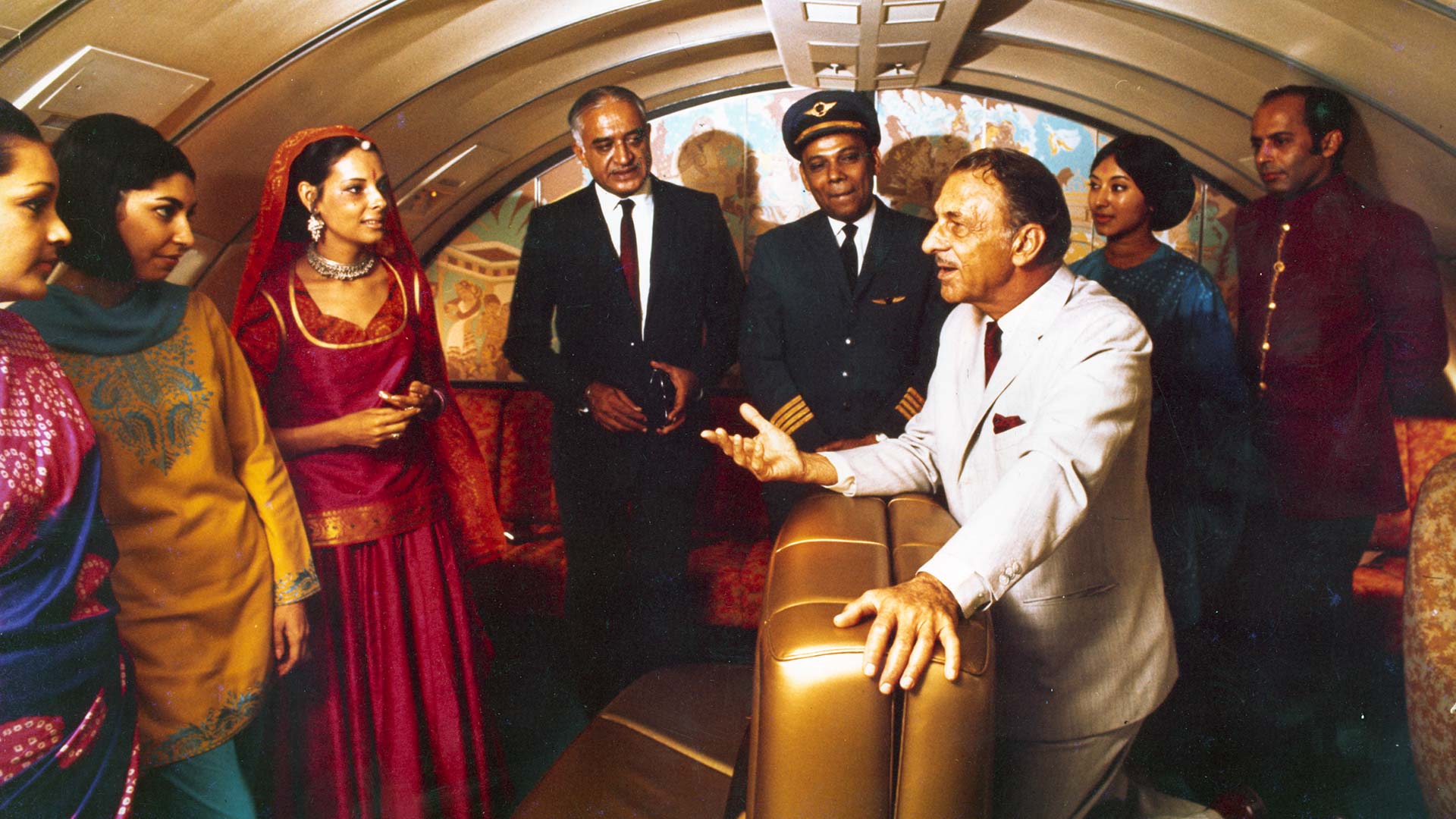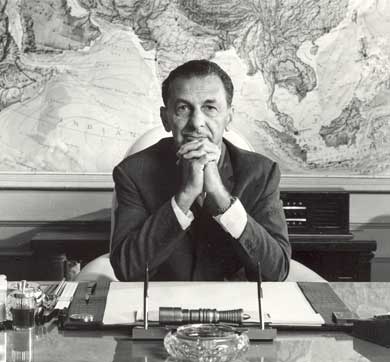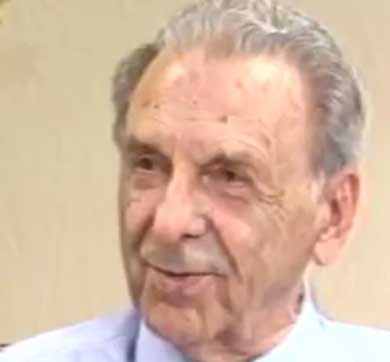July 2021 | Harish Bhat | 981 words | 2-minute read
JRD Tata was the founder of Tata Airlines, which went on to become Air India. Way back in the 1940s and 1950s, this airline was the first Indian global entity, proudly taking the Indian flag to international skies. In 1948, Air India inaugurated its first international service, from Mumbai to London, a proud moment for the country.
JRD was determined to make Air India the best airline in the world, notwithstanding the fierce competition from a host of other global airlines. For him, this was essential, because Air India was not just an airline, but a proud carrier of India’s image across the world. During the inaugural international flight, on which he also flew, he watched carefully for the reactions of passengers, and was greatly relieved when everything went very well, including landing in London right on time. He said, ‘It was for me a great and stirring event…. seeing the Indian flag displayed on both sides of the Malabar Princess [the name of the aircraft] as she stood proudly on the apron at the airports of Cairo, Geneva and London filled me with joy and emotion.’
"I think that Air India International has played not an unimportant part in raising the prestige of India abroad. So, congratulations.” - Jawaharlal Nehru
Thereafter, he was obsessed with making the airline special, and he knew that this required the highest standards of customer service and excellence. He told the airline’s employees, ‘I want that the passengers who travel with us do not have occasion to complain. I want to establish that there is no airline which is better liked by passengers, that is safer and more punctual, where the food and services is better, and which sets a better image than Air India.’

As early as 1949, with constant attention to every small detail, these aspirations were coming true. In fact, the prime minister of India, Pandit Jawaharlal Nehru, wrote to JRD Tata on 7 May 1949, specifically complimenting him on the high quality offered by the airline. Nehru wrote, “This is just a brief letter to express my great appreciation of the quality of the Air India International service. I have now travelled on four occasions between India and England, and the more experience I have of it, the better I like it. I think that Air India International has played not an unimportant part in raising the prestige of India abroad. So, congratulations.”
Air India soon become legendary for its punctuality. Legend has it that people in Geneva, in those years, could set their watches to the time at which the Air India flight flew over the city. In those initial days, JRD would fly one of the aircraft himself once every fifteen days. During these flights, he would insist on such high standards of accuracy that other pilots tried to dodge flying with him. The historian RM Lala tells us that on one such flight, JRD asked his co-pilot, Capt Visvanath for the ground speed. ‘145 miles per hour,’ replied Visvanath. JRD was not satisfied. He took out his slide rule, worked out his own calculations, and responded, ‘It’s 145.5.’ Those were the standards of accuracy he expected if the airline were to keep perfect time.
"His personal quest for excellence, his attention to detail and his ability to keep abreast of new technologies relating to aviation and the airline business, provided the leadership that made Air India an airline of choice, and gave it true global stature." - Ratan Tata
JRD Tata’s blue notes were extraordinary in their attention to detail and relentless push for excellence in all matters big and small. After every Air India flight that he took, he would send these ‘blue notes’ to the management, summarizing his observations, including encouraging comments and scathing criticism. Here are some extracts from his notes in the year 1951, after he had flown Air India to Europe and back home: ‘Chairs: I found on VT-DAR that some of the seats recline much more than the others. As a result, those seats are more comfortable. I suggest that all our seats be adjusted for a maximum reclining angle, except, of course, the rearmost seats which are limited by bulkheads.’
And even more interesting is this note: 'The tea served on board from Geneva is, without exaggeration, indistinguishable in colour from the coffee… I do not know whether the black colour of the tea is due to the quality (of tea leaves) used or due to excessive brewing. I suggest that the Station Manager at Geneva be asked to look into the matter.’
Because of such meticulous attention to detail and excellence, Air India topped the list of airlines in the world in 1968 as per a survey done by the Daily Mail, London. In fact, in the at same year, 75 per cent of foreigners who came from countries with their own airlines. I have also heard that when Singapore wanted to launch an airline (now it is famous as Singapore Airlines), Prime Minister Lee Kuan Yew advised his team to study the high standards that had been set by Air India.
Ratan Tata, writing in a beautiful commemorative book where many Air Indians have offered tributes to JRD Tata, said of him:
"Many of us who knew Jeh (JRD Tata) intimately knew that Air India was as important to him as the industrial empire he headed. While he led the Tata empire with distinction, Air India was his personal creation and personal passion. He built it and it became the airline recognized by many international carriers as the gold standards of service. No other enterprise in the country enjoyed that type of international recognition. His personal quest for excellence, his attention to detail and his ability to keep abreast of new technologies relating to aviation and the airline business, provided the leadership that made Air India an airline of choice, and gave it true global stature."
In my office, for the past three decades, stands a quote from JRD Tata, which guided his own actions, and which inspires me every single day. He said: ‘One must forever strive for excellence, or even perfection, in any task however small, and never be satisfied with the second-best.’
Remember, for instance, his note on tea and coffee.
Harish Bhat is brand custodian, Tata Sons. He is the author of several books including #TataStories: 40 Timeless Tales to Inspire You. This is an excerpt from the book.
Photos courtesy Tata Central Archives. On the banner photo are, left to right: Delbar Munsif, Colleen Hai, N. Dewan, Commercial Manager Inflight Service, Capt. SG Maulik, Jean Paes, Inflight Supervisor, and Jimmy Mehrotra..













